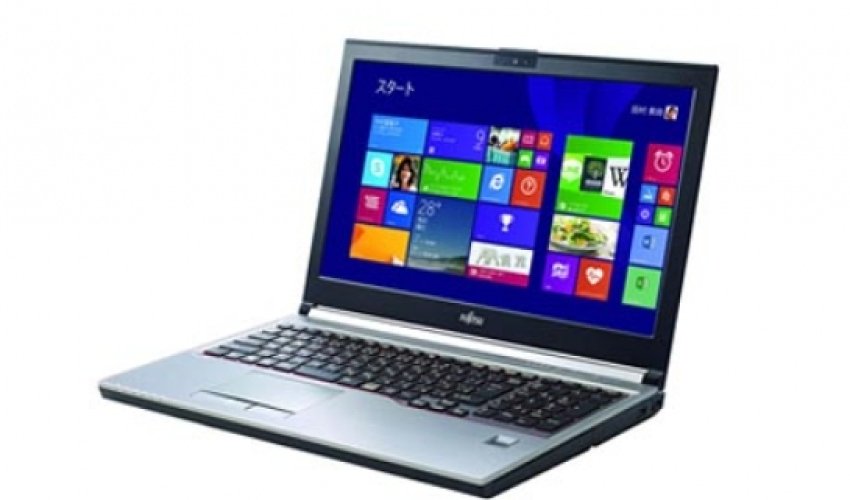Fujitsu's handy security feature

It used to be that palm reading was a practice confined to carnivals and fun fairs and one that was focused on spurious future predictions regarding unknown dark-haired persons of above-average height.But now Fujitsu is using palm-reading technology to make sure that whether not they meet a tall dark stranger consumers' futures will feature better online security.Joking aside, Fujitsu is a world leader in palm vein authentication technology, a type of biometric reading that analyzes the vein pattern of the palm, back of the hand and fingers. Each person's vein pattern is unique and the patterns themselves are invisible to the naked eye.The Celsius H730 is the first notebook ever built which integrates the technology, and it means that instead of having to type in a password, the owner need only hover his or her hands over the device for the vein pattern to be scanned and recognized.But as well as offering security measures that are currently only employed by the military and by investment banks, the notebook also packs a Haswell chip for faster yet more energy-efficient performance, a 15-inch display, and space for a rather impressive 32GB RAM on the top specification model.Owners can also specify a solid state or hybrid hard drive too. Other impressive features include a spill-resistant keyboard -- something that should be standard on all new notebooks -- and something called ShockSensor which knows when the device is falling and braces its hard disk for impact.The notebook will go on sale in Japan, India, Africa, the Middle East and Europe just in time for Christmas and although pricing will vary from region to region and based on internal specifications, Fujitsu has confirmed a guide price of 333,800 JPY in Japan and of €1,599 in Europe for the entry-level model.(Relaxnews)ANN.Az




































 Photo
Photo 



 Video
Video 

